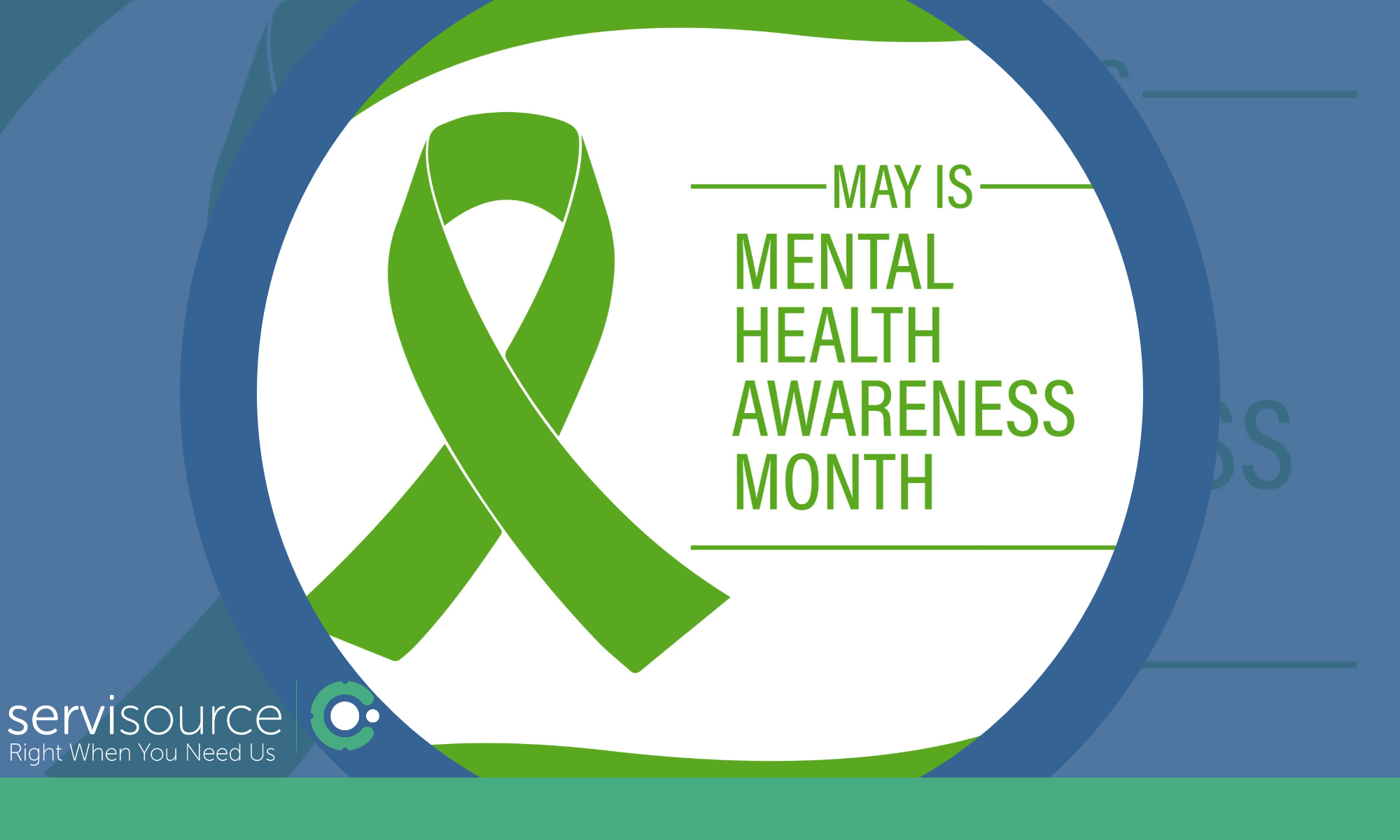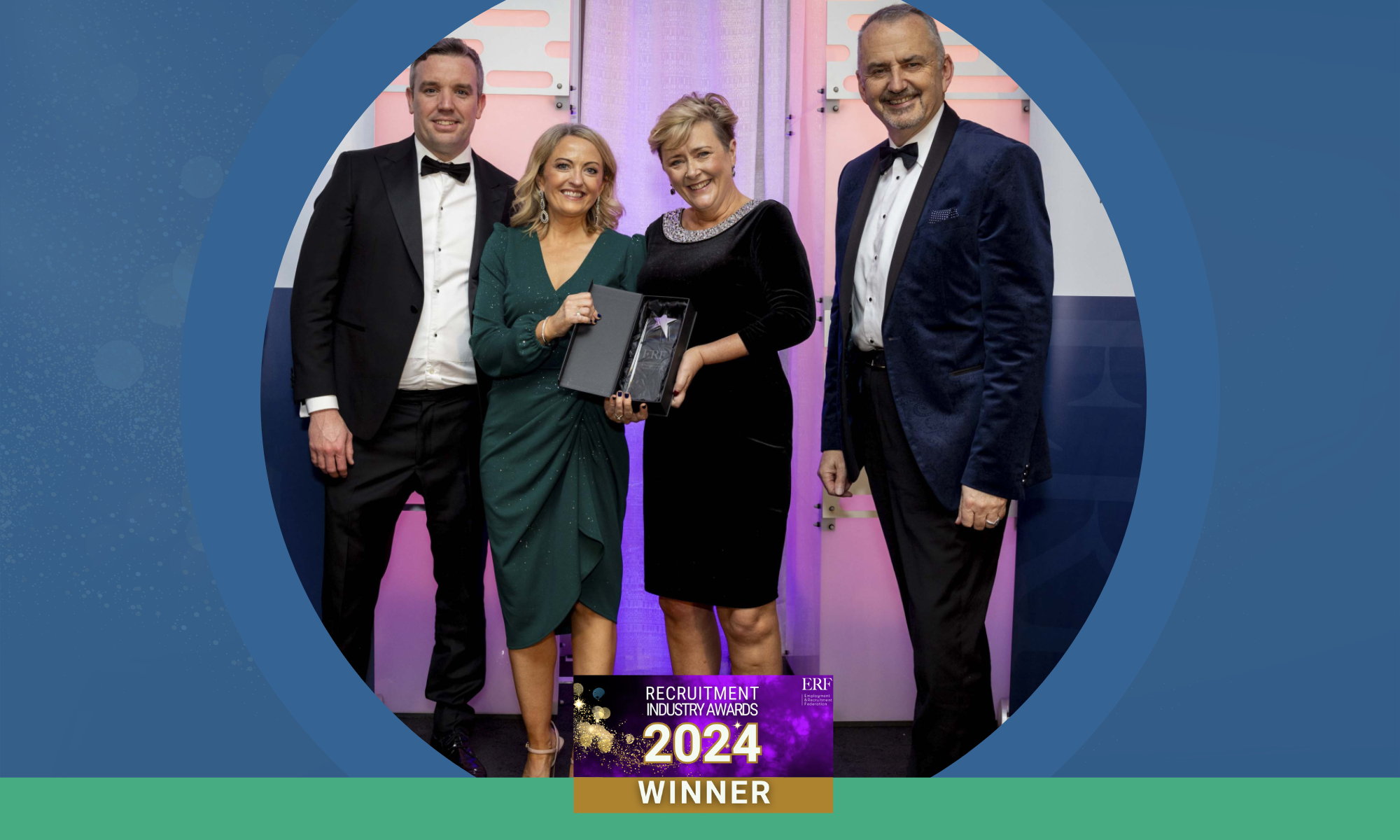International Wheelchair Day
International Wheelchair Day is held on the 1st of March and it is an annual day of events and activities around the world where wheelchair users celebrate the positive impact a wheelchair has on their lives. Wheelchairs are one of the most commonly used assistive devices for enhancing personal mobility, which is a precondition for enjoying human rights and living in dignity.
The Aims of International Wheelchair Day
Every individual, regardless of their abilities, deserves the opportunity to chase their dreams and build a successful career. However, for college students with disabilities, this journey can often have unique challenges and obstacles that require specialised support and guidance. By exploring the vital role that education institutions and education support play, we can see how students with disabilities can achieve their career goals.
Appropriate wheelchairs not only enhance mobility but it begins a process of opening up a world of education, work and a social life. In addition to providing mobility, a wheelchair benefits the physical health and quality of life of the users by helping in reducing common problems such as pressure sores, progression of deformities and improves respiration and digestion.
According to a recent RTE article, getting the right wheelchair is extremely important. A wheelchair needs to suit the individual for their own personal needs. It is relied on by so many people to complete daily tasks and live their lives as best they can.
The Role of Education Institutions

Overcoming Academic and Accessibility Challenges
Overcoming academic and accessibility challenges is a crucial aspect of supporting college students with disabilities. Difficulties may be encountered during their college journey and it is important that support is provided along with strategies for addressing these challenges effectively. Educational institutions need to be prepared for the various types of disabilities that college students may have, including physical disabilities, learning disabilities, sensory impairments, and mental health conditions. Disabilities may include difficulties around: reading, writing, mobility, communication, or mental health. Accommodations such as extended test-taking time, note-taking assistance, accessible course materials and sign language interpreters are required.
At Servisource, we provide Academic Personal Assistants (PA’s), ISLs or Irish Sign Language Interpreters as well as Note Takers for students. We recruit, rigorously screen, obtain Garda Vetting and induct our Education Support Workers before appointing them to assist with individuals. This ensures we have the right people with the right skills and knowledge to understand certain needs and can match individuals with an Educational Support Worker that suits them best. Examples of Support Workers include:
Contact Form
Contact Form

Building Skills and Confidence
Both academic and soft skills are important for students. Academic skills may include effective studying, time management, and research abilities. Soft skills encompass communication, teamwork, and problem solving. Offering advice on developing resilience can be done through practices like mindfulness, goal setting, and seeking support from counsellors or support groups. Institutions can advise on the value of seeking mentorship from individuals who have successfully navigated similar challenges or are thriving in their careers despite disabilities. Stories of those who have benefited from mentorship relationships can help to build confidence and career readiness. By encouraging individuals to celebrate their achievements, no matter how small they may seem, it acknowledges progress and reinforces confidence and motivation.

Transitioning from College to the Professional World
By discussing the importance of early career planning and preparation, students are encouraged to start thinking about their goals, networking, and job search strategies while still in college. Education Institutions can explain the pros and cons of disclosing disabilities during the job application process, some may choose to disclose their disabilities to employers upfront, while others may wait until after they’ve secured a job offer. By providing tips on how to disclose disabilities professionally and effectively, it emphasises the value of focusing on their abilities and the accommodations that enable them to perform at their best. Discuss the process of requesting workplace accommodations and the legal rights and protections in place. More on this can be found through the Disability Federation of Ireland.
Being a student can come with unique considerations for those with disabilities. By providing comprehensive support on career guidance, accommodations and wheelchair access, while building skills and confidence, those with disabilities can feel empowered to embark on successful and fulfilling career journeys with the support from their education institution and the assistance from their Educational Support Worker. Be sure to celebrate International Wheelchair Day this March and celebrate the positive impact a wheelchair has on an individual’s life.









